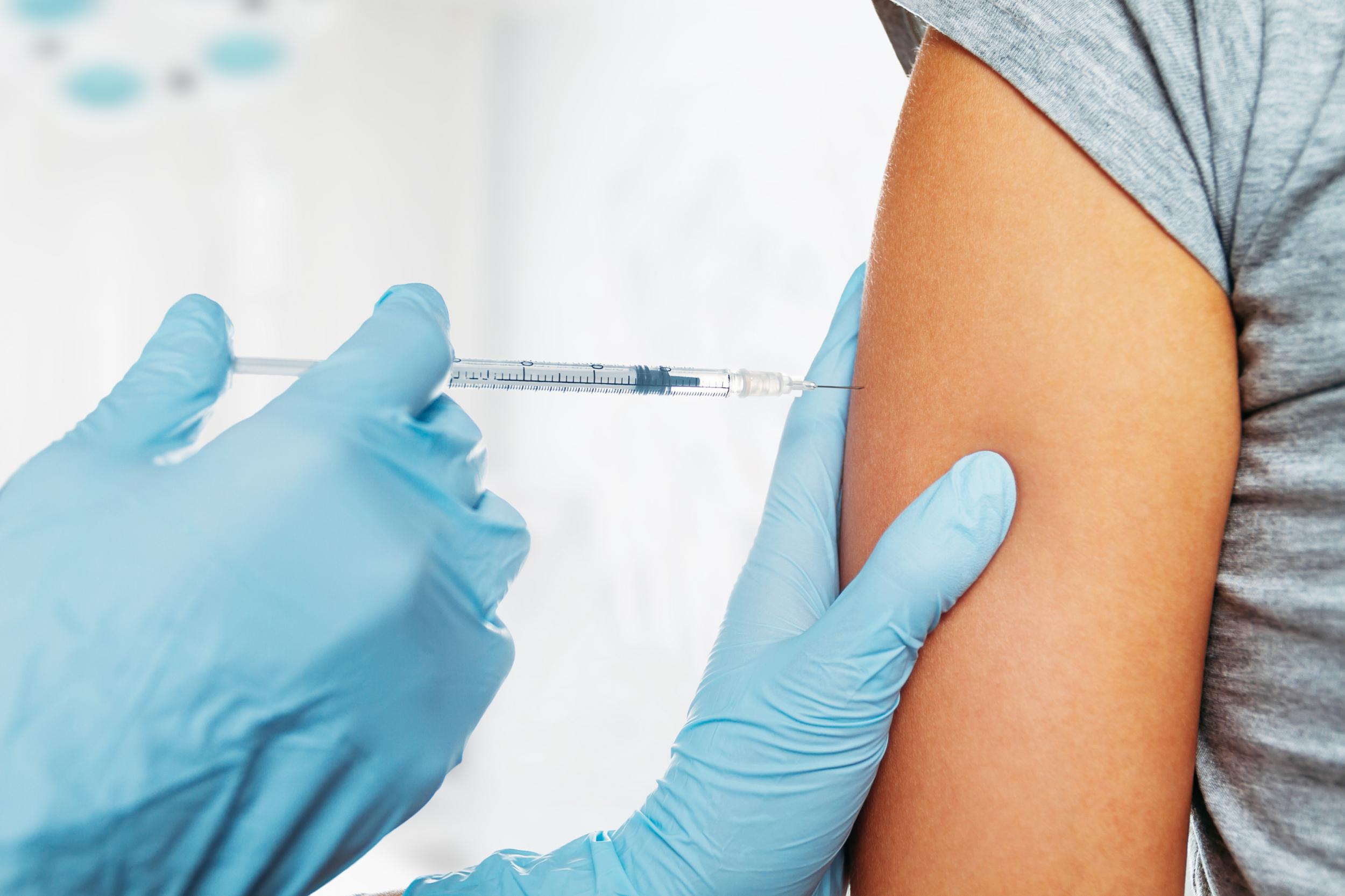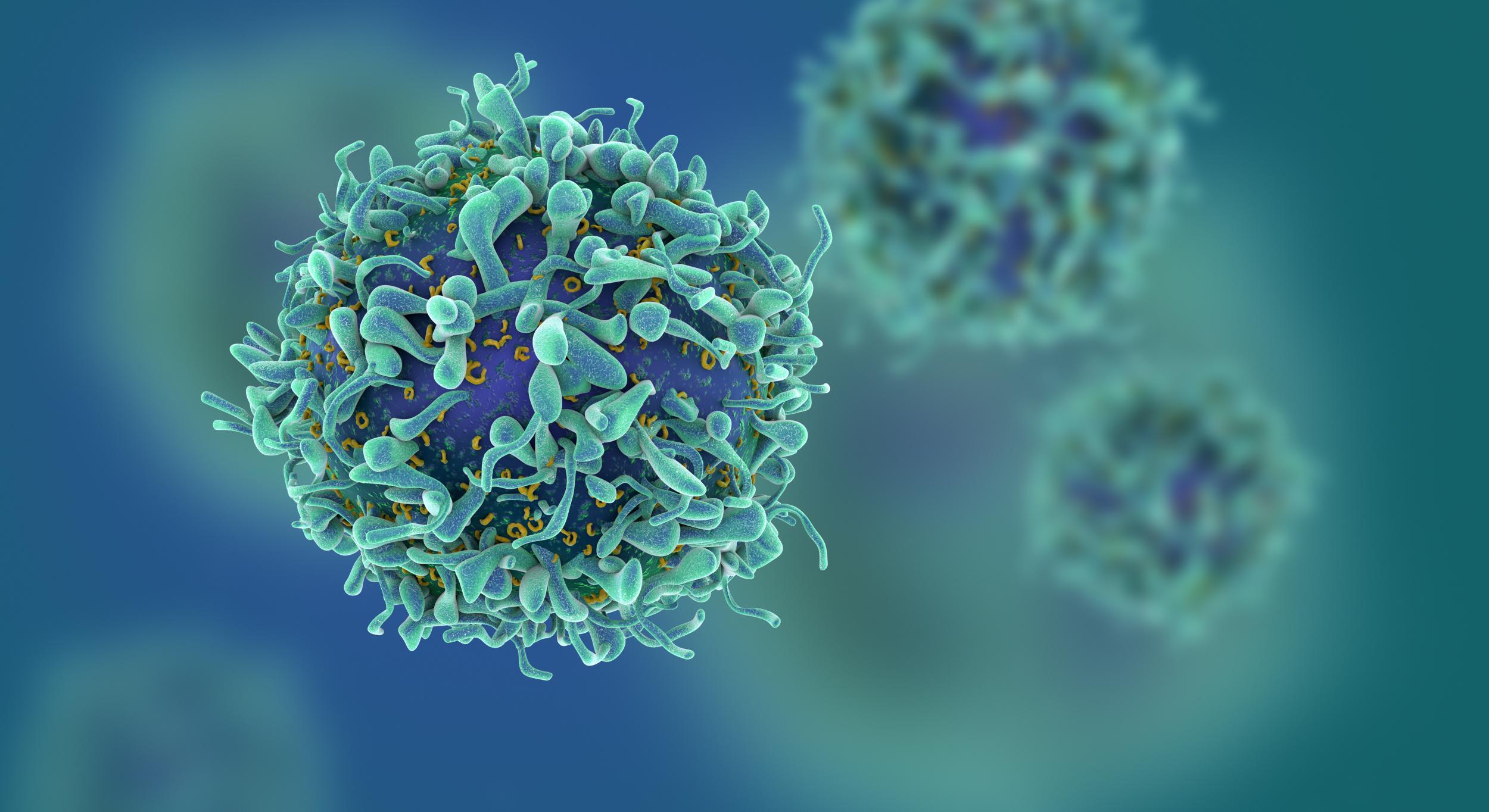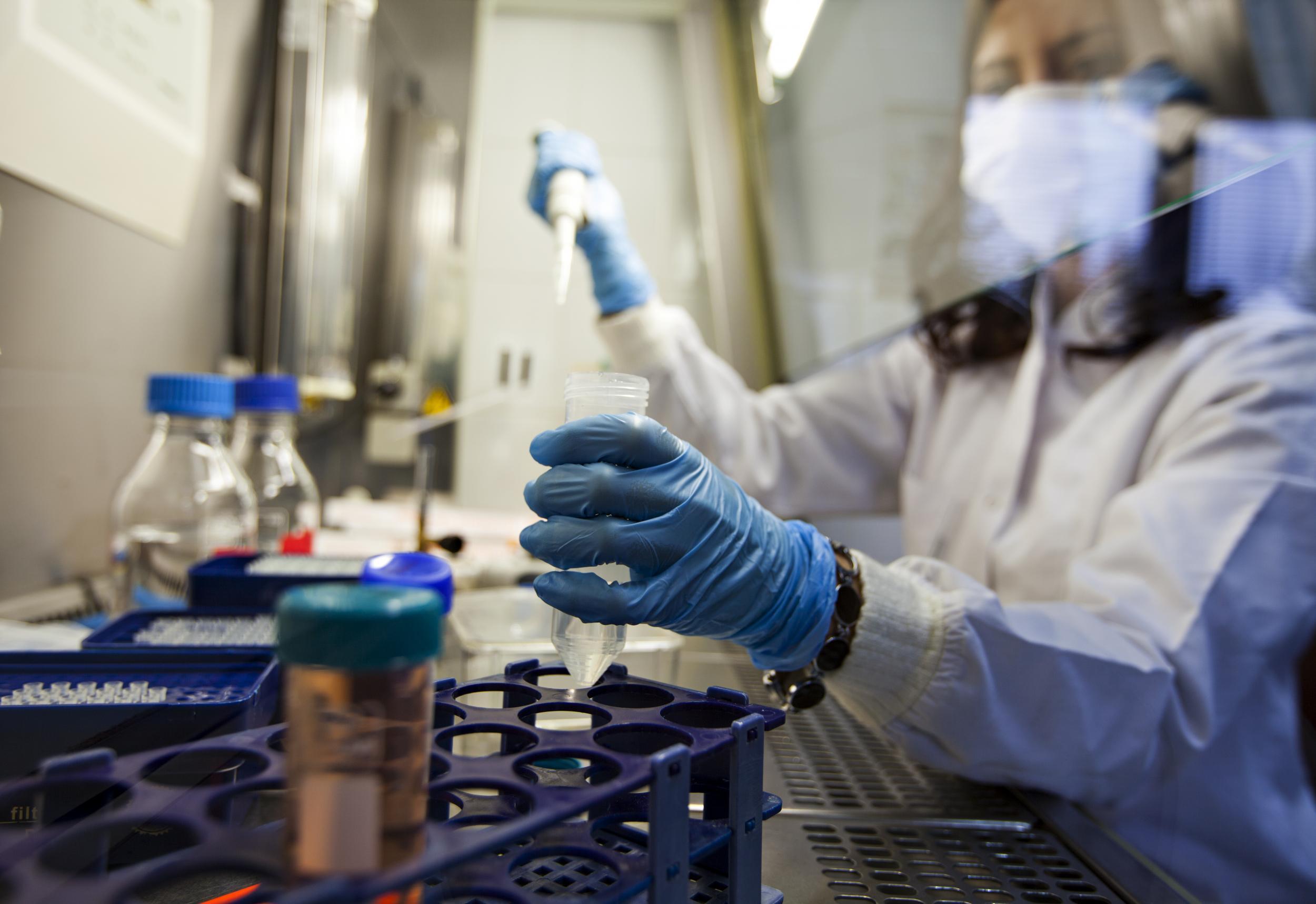9 dangerous diseases that could be prevented by vaccines within the next decade, from HIV to cancer

Your support helps us to tell the story
From reproductive rights to climate change to Big Tech, The Independent is on the ground when the story is developing. Whether it's investigating the financials of Elon Musk's pro-Trump PAC or producing our latest documentary, 'The A Word', which shines a light on the American women fighting for reproductive rights, we know how important it is to parse out the facts from the messaging.
At such a critical moment in US history, we need reporters on the ground. Your donation allows us to keep sending journalists to speak to both sides of the story.
The Independent is trusted by Americans across the entire political spectrum. And unlike many other quality news outlets, we choose not to lock Americans out of our reporting and analysis with paywalls. We believe quality journalism should be available to everyone, paid for by those who can afford it.
Your support makes all the difference.One of the best defenses we have against viral infections is the vaccine.
Vaccines prime the body's immune system to fight an incoming infection; they've been credited with the widespread eradication of smallpox and the near-eradication of polio.
There have been many major advances to vaccines since their inception in the 1700s, but there are still many diseases for which no vaccine exists.
At the same time, researchers are finding ways to use the immune-system-triggering effects of vaccines to tackle unexpected diseases, such as cancer and drug addiction.
To get approved, vaccines need to show that they're both safe and effective at preventing diseases or -- if they're used therapeutically -- at activating the immune system to go after existing diseases. That process can take years or even decades.
Here are nine vaccines currently in development that could dramatically change how humans live.
Gonorrhea
Gonorrhea, a sexually transmitted bacterial infection, is typically treated with antibiotics. But in the past few years, it's become untreatable in some cases.
In addition to new antibiotics that can combat the infection, the World Health Organization is calling for a vaccine. There is at least one in development.
But in a surprising turn of events, researchers looking at data on a meningitis outbreak and subsequent vaccination effort in New Zealand found that the vaccine protected against gonorrhea as well. As it turns out, the bacteria that cause meningitis and gonorrhea are very closely related -- like "cousins."
The vaccine used to target that specific meningitis outbreak was administered from 2004 to 2006, and is no longer in use. It remains to be seen whether someone will develop it as a vaccine for gonorrhea alone.
Cancer

There are already some vaccines that prevent certain types of cancer. The vaccine against human papillomavirus (HPV), for example, can prevent six different kinds of cancer. Another vaccine for hepatitis B prevents liver cancer as well.
There's also a push to use vaccines once a person has been diagnosed with cancer. One such treatment was approved for prostate cancer in 2010. The treatment reprograms the body's immune system to go after a particular protein that helps the immune cells attack the cancer cells. Other vaccines on the horizon could take a more personalized approach, pinpointing cancer mutations and amplifying the body's immune system to fight off certain types of cancer cells.
Malaria
Malaria is a parasitic infection spread by mosquitoes that can lead to chills, fever, and nausea, among with other severe complications including organ failure. The disease is responsible for more than half of mosquito-related deaths, predominantly in sub-Saharan Africa.
There is no widely available vaccine for malaria, though three countries are set to take part in a pilot program for a malaria vaccine starting in 2018, the WHO said in a news release.
The number of deaths caused by the disease are already dropping, however, due to prevention efforts like insecticides that are sprayed and used in netting. Between 2000 and 2015, malaria deaths fell 62%, translating to 6.8 million lives saved, according to the World Health Organization.
Ebola

An early Ebola vaccine has been shown to give solid protection against the disease. In a large trial of almost 6,000 people, Merck showed its vaccine was 100% effective. It's meant to be a temporary fix to stop emerging outbreaks from getting to the level of the epidemic that occurred between 2014 and 2016, which means it's not in use just yet. Should another outbreak arise, public health organizations could determine whether they want to use it.
Researchers are also working on a longer-lasting option. A early-stage trial of 75 healthy volunteers found that the vaccine gave an immune response for a full year in 100% of the patients. A larger-scale trial will have to prove if the longer-lasting vaccine is effective at preventing the disease.
HIV
The HIV vaccine has been elusive over the past few decades, despite tons of research and money spent on the problem.
In July, Johnson and Johnson announced that an early-stage trial of a HIV-1 vaccine in healthy people caused an immune response and was "well tolerated". Hanneke Schuitemaker, the company's vice president and head of viral vaccine discovery, said it took 12 to 13 years to get to this stage, with some setbacks in the field. Along the way, the vaccine development process has benefitted from knowledge gained during vaccine trials for the Ebola virus.
It will still be a while before the vaccine could become available -- next it will have to prove that it's effective at actually preventing HIV.
Norovirus
Norovirus, the bug responsible for a few of the food-poisoning incidents at Chipotle, can cause stomach aches, nausea, diarrhea, and vomiting. The highly-contagious virus affects about 21 million people in the US per year. While there are ways to prevent norovirus, there's no vaccine for it yet.
However, a company called Vaxart is developing a tablet vaccine that could prevent the virus. In February 2017, Vaxart announced that the drug had been a success in an early trial in humans, proving to be both safe and capable of spurring an immune response. Next, the vaccine will have to prove that it's effective before it can be approved.
"Universal" flu vaccine
Most vaccines only need to be administered once or a few times in a person's life. But the flu mutates so frequently that there are constant updates to the vaccine based on what the World Health Organization recommends. That's why many people get flu shots every winter.
But researchers at vaccine-maker Sanofi are getting closer to a universal vaccine that might provide broader protection against the flu. That way, instead of a shot once every year, the vaccine could broadly protect against the virus even as it evolves over the course of a few years.
Today's flu vaccines have either three or four strains in one shot, and newer vaccines could cover those in a broader way. Rather than be specific to one bug, the vaccines against those strains could be general enough to face off against any mutation the virus takes. If you're able to have broad vaccines that protect against the different flu subtypes, you could ideally just use whichever one makes the most sense in a given outbreak.
The idea's still in the pre-clinical phase.
Heroin addiction

There are two vaccines in the works to treat opioid addictions, neither of which have made it to human trials yet.
"A vaccine would work by destroying heroin that's injected into the body before it gets a chance to get to the brain and give a patients a high," Opiant CEO Roger Crystal -- whose company is developing one of the possible vaccines -- told Business Insider in January.
That could ideally help people who are addicted to heroin recover. It remains to be seen how often the vaccines would need to be given.
Zika
Almost immediately after the world realized Zika was spiraling into a global epidemic in early 2016, scientists began looking into a possible vaccine. Shortly after, researchers began human trials to test out the vaccine.
In March 2017, that effort culminated in the start of a phase 2 trial, which will evaluate whether the vaccine is effective in 2,490 people in the US, Central and South America. It's expected to wrap up in 2019.
Read more:
• How much the best paid workers in 20 professions earn
• Seven outdated men’s style ‘rules’ that you can now ignore
• 16 skills that are hard to learn but will pay off forever
Read the original article on Business Insider UK. © 2017. Follow Business Insider UK on Twitter.
Subscribe to Independent Premium to bookmark this article
Want to bookmark your favourite articles and stories to read or reference later? Start your Independent Premium subscription today.
Join our commenting forum
Join thought-provoking conversations, follow other Independent readers and see their replies
Comments